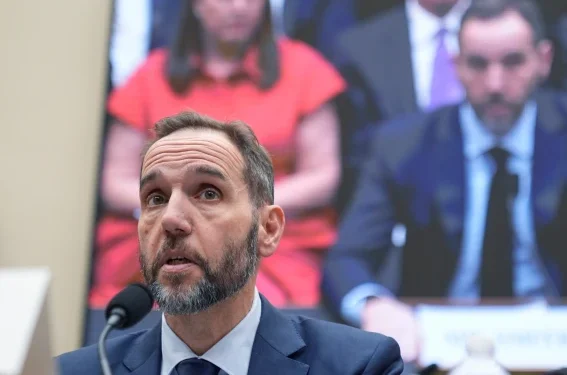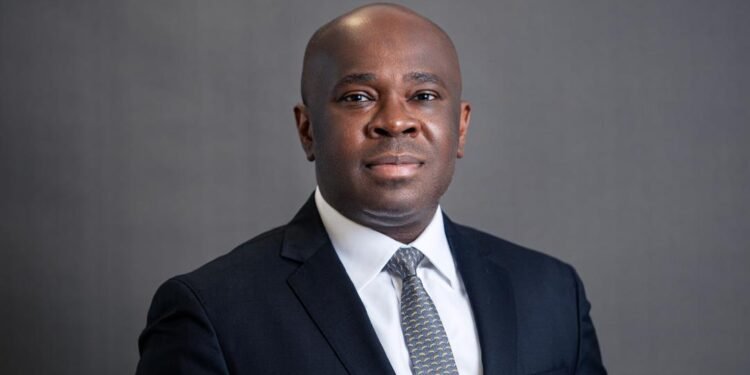Owing to the fact that cryptocurrencies are not backed by any central bank or any entity, some authorities of European Central Banks have shown concerns about its associated risks.
The Banks have disclosed that although Cryptocurrencies have the potential to make investors rich overnight, it has the potential risk of bursting at any time.
Mr. Stefan Ingves, the Head of the central bank of Sweden, Sveriges Riksbank, speaking at a press conference in Stockholm, disclosed that he “believes that the cryptocurrency will collapse any moment from now”.
The Head of Sveriges Riksbank, in his speech made a sharp comparison between the “spread of bitcoins and postage stamps”.
Mr. Ingves further disclosed “in my opinion, people can get rich buying and selling cryptocurrency, but such means of payments cannot exist forever without the official support of government structures”.
“Personally, I would not invest my own money in this, but it is obvious that some people think it is a good idea. Three hundred years ago, people invested in tulips, considering them as investments.”
Mr. Stefan Ingves
Similar concerns have been raised by Mr. Gabriel Mahlouf, the Governor of Ireland’s Central Bank, who warned cryptocurrency investors to be on the watch out, as they stand the risk of loosing out on their holdings (investments).
Also, Mr. Andrew Bailey, the Governor of the Bank of England, disclosed that he predicts “cryptocurrencies could completely depreciate, because they have no intrinsic value”.
Being that the intrinsic value of could be considered as the market value of the material from which money is created and its “value to be determined by the cost of production”, Mr. Bailey disclosed.
“Sorry, I will be straightforward again: only buy them if you’re willing to lose all your money.”
Mr. Andrew Bailey

A move into the crypto world
At the very inception of cryptocurrency revolution, El Salvador was first in the league of Central banks to explore this newly discovered haven of digital payments.
The country, moved to “recognize bitcoin as a means of payment”. Mr. Nayib Bukele, El Salvador’s President, disclosed that the country invested US$50 million which is equivalent to 550 bitcoins.
Not sooner than the country launched the payment system, El Salvador’s bitcoin system collapsed, “sparking a wave of protests”, reporters disclosed.
As a result, Chivo, El Salvador’s cryptocurrency wallet, had to be shut down owing to complaints of installation misalignments.
However, Mr. Bukele admonished citizens to be patient, “but people were outraged that the authorities did not explain to them either the advantages of the new system, or the mechanisms for conducting transactions”.
In the meantime, various central banks around the globe are venturing the newly discovered financial payments haven.
As some major advanced economies are still lingering around the research and development stages of central bank digital currencies (CBDC), some developing economies have already taken the bold step to launch their CBDCs.
Barbados for instance is the first in the league of central banks to have launched its CBDC, which is now in full operation.
Other developing economies like Ghana, is in the pilot phase of its CBDC, whereas, its West African neighbour, Nigeria, is scheduled to pilot its CDBC come 1st October 2021, as part of its Independence Day celebration.
READ ALSO: World’s second central bank digital currency launched by Sweden























